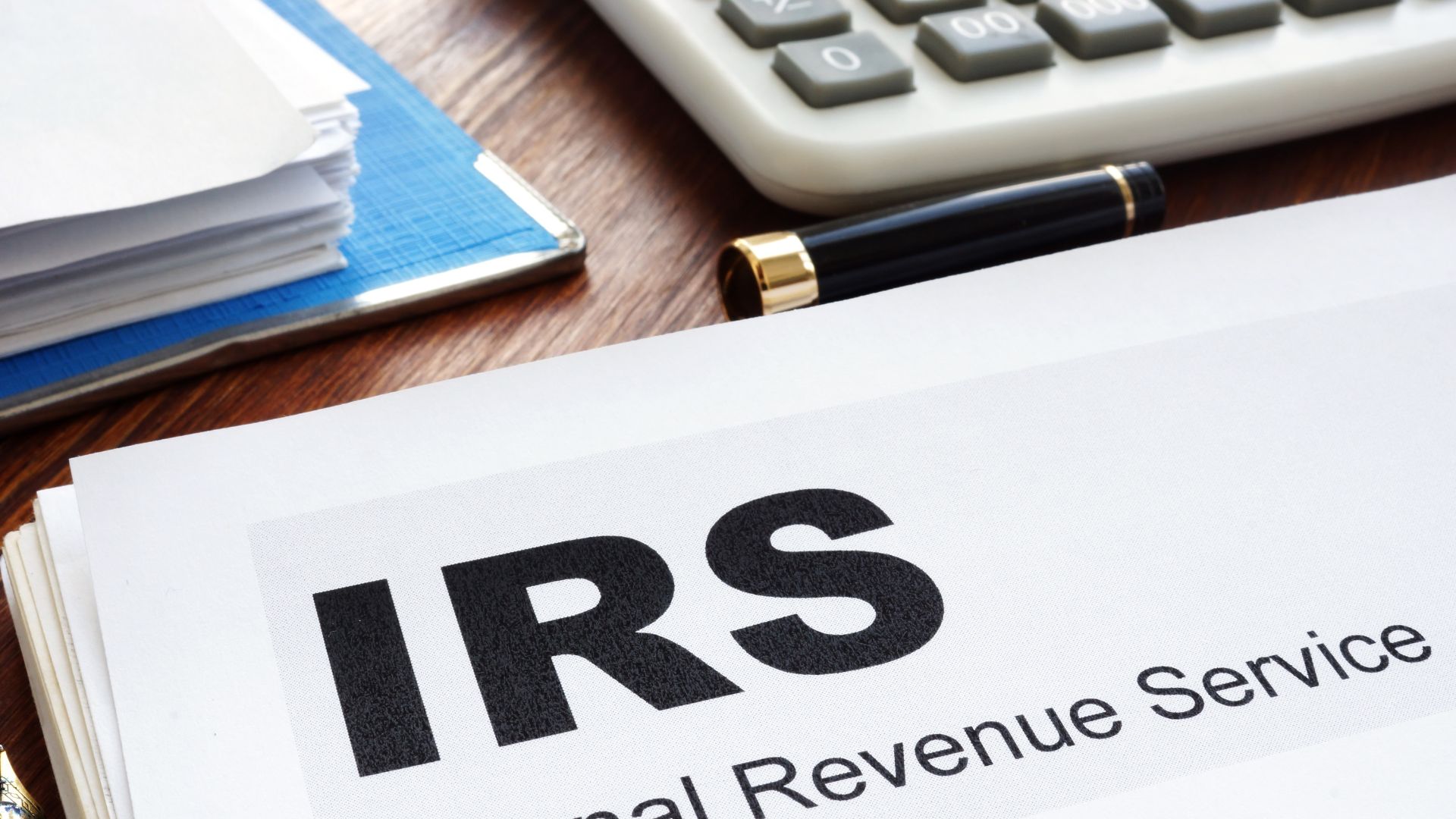The Internal Revenue Service (IRS) 528 is a specific section of the tax code that applies to homeowners associations (HOAs). It was enacted under the Tax Reform Act of 1976 to provide an alternative to the tax-exempt status under 501(c)(4). If you are wondering about the tax obligations and exemptions available to your HOA, consult a trusted HOA accountant to help your organization navigate its federal tax responsibilities more effectively. Let’s look at what you need to know about the IRS 528 to ensure your HOA’s compliance and optimize its tax liabilities.
Qualifications for IRS 528
If you are wondering whether your organization qualifies for tax obligations and exemptions, you need to understand what the IRS 528 says. HOAs must meet certain criteria outlined by the IRS, such as they must be a residential real estate management association, a condominium management association, or a timeshare association. In addition, the management and maintenance of the property must be organized.
Taxable Income and Rates
Another vital factor you need to know about IRS 528 is that HOAs face taxation on their non-exempt function income. This is income that’s not related to the association’s primary exempt activities. The tax imposed on a qualifying HOA is equal to 30% of its taxable income. For timeshare associations, the tax rate is slightly higher at 32%. This taxable income generally includes interest, dividends, and other non-assessment income. It is essential for HOAs to accurately report and categorize their income to determine the correct taxable amount and ensure compliance with IRS regulations.
Benefits of IRS 528
One of the primary benefits of IRS 528 is that it offers an alternative to HOAs that do not qualify for tax exemption under section 501(c)(4). By falling under IRS 528, these associations can benefit from a clear and specific tax rate and filing process tailored to their unique structure and function. Also, the streamlined filing requirements and defined tax rates provide clarity and predictability for HOA boards managing their financial responsibilities.
In conclusion, the IRS 528 is important in the taxation of homeowners associations, as it provides a framework for those who qualify. HOAs can ensure compliance with federal tax laws and optimize their tax liabilities by understanding the qualifications, taxable income rates, and filing requirements. Contact us at Abel Accountants and work closely with our HOA accountants to navigate the complexities of IRS 528 and take full advantage of the benefits it offers.





